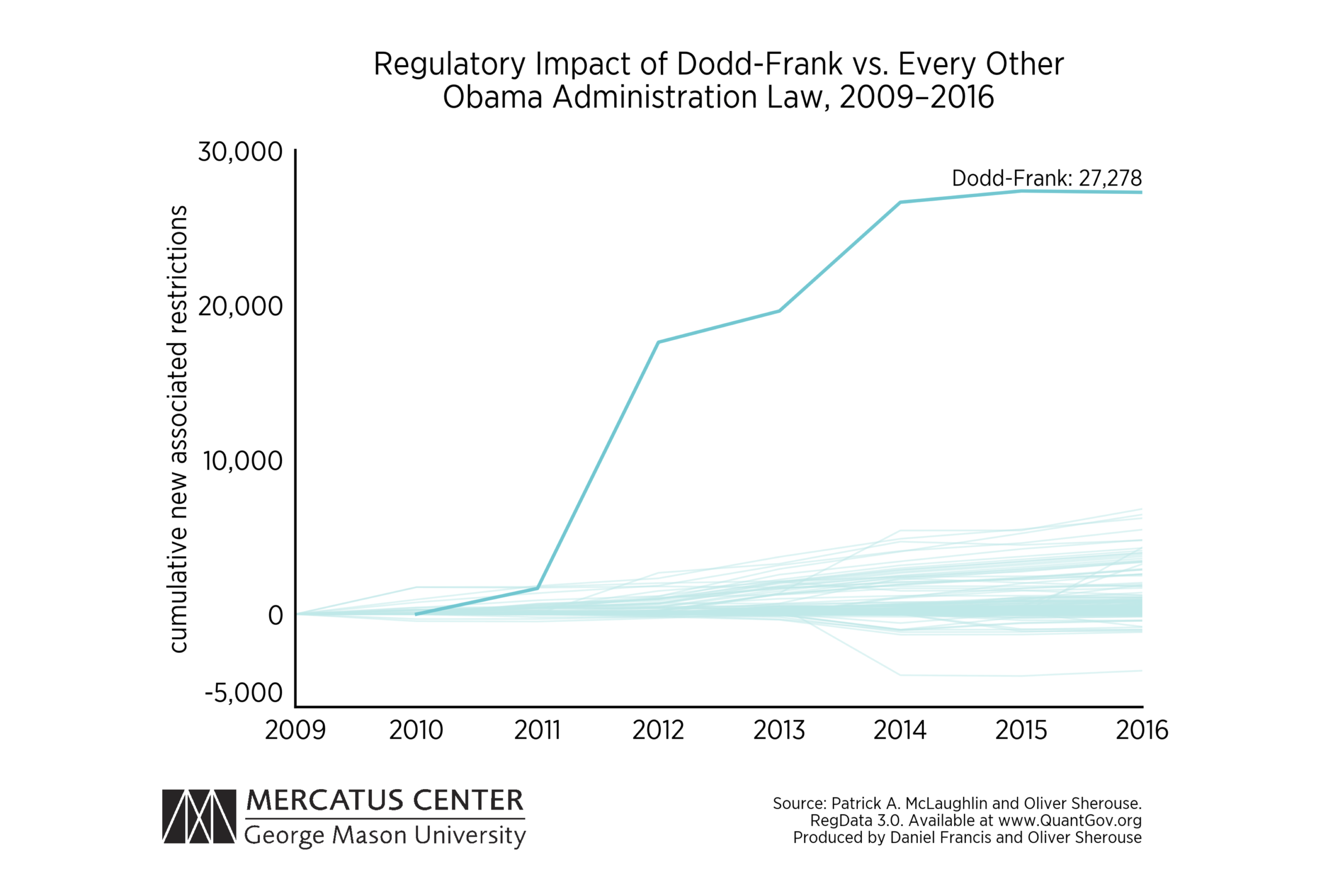Post-Coronavirus Regulation Will Force Companies to Spend Billions On Compliance. Here Are The Opportunities.

The Signal: The coronavirus crisis is forcing governments in the US and Europe to make regulatory changes on the fly.
The post-crisis world will see significant regulatory changes in regard to health care and disaster preparedness. And these changes will cost companies billions in compliance costs.
According to research by Rice University, the Dodd-Frank Wall Street Reform & Consumer Protection Act following the 2008-09 financial crisis “roughly doubled the number of regulations applied to U.S. banks, which hiked their compliance costs by more than $50 billion per year”. Costs included compliance salary expenses, auditing, consulting, data processing and legal fees.
Further analysis by George Mason University showed that the number of new regulatory restrictions created by the Dodd-Frank Act dwarfed the combined impact of every other Obama-era administration law.
In addition to the fact that there is significant coronavirus-related changes coming to global regulatory regimes, existing compliance training have 2 underlying factors that make the industry ripe for disruption:
- Major corporations have to pay for it: As a way to head off future liabilities, corporations spend millions of dollars every year on compliance training according to research by the Harvard Business Review (HBR).
- Current compliance training programs are ineffective: According to the same HBR research, many training programs have end goals that are very light on information (eg. completion of a program is considered sufficient vs. actual understanding). Further, because of these seemingly trivial outcomes, employees find the programs a waste of time.
The Opportunity: Moving forward, the compliance industry will only grow with corona-related bills adding to the likes of the aforementioned Dodd-Frank Law as well as Health Insurance Portability & Accountability Act (HIPAA), Sarbanes-Oxley, the General Data Protection Regulation (GDPR) and the California Consumer Privacy Act (CCPA).
Our research identifies 4 categories of compliance training that present opportunities to create new solutions:

